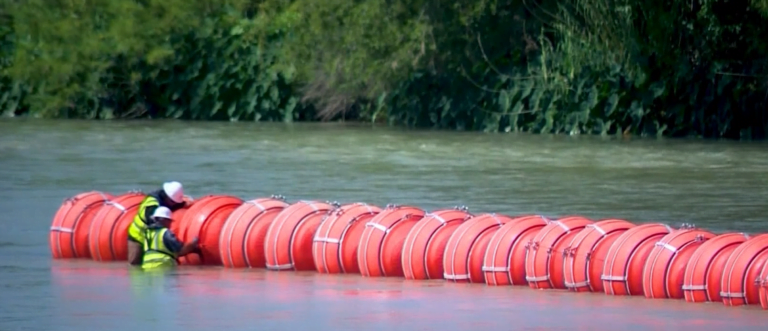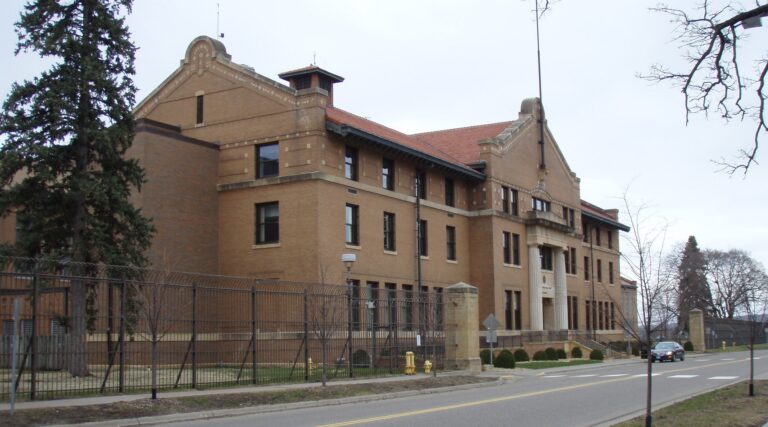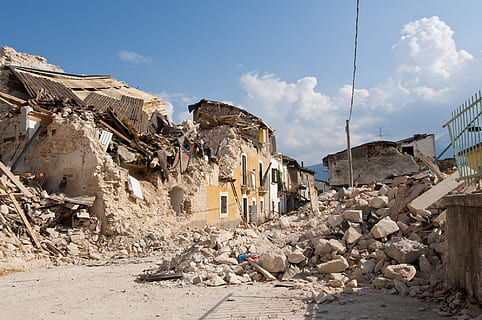France destroying wine as demand falls, spend €200 million To support wine producers

France destroying wine : The French government and the European Union is allocating (will spend) €200 Million ($215 million) to destroy surplus wine and support the country’s producers, who are struggling to cope with falling prices and waning demand.
The French government and the European Union will spend 200 million euros ($215 million) to help the country’s wine producers, who are struggling to cope with falling prices and waning demand.
Wine Industry Faces Crisis: Demands for Change as Craft Beer Gains Popularity
Amidst a medley of challenges plaguing the sector, including a declining wine demand due to the rise of craft beer consumption, the wine industry finds itself at a crossroads.
The predicament is compounded by issues such as excessive production and the ongoing cost of living crisis, dealing a double blow to the industry’s stability.
A substantial portion of the allocated €200 million is earmarked for the purchase of surplus stock, the resultant alcohol of which will be repurposed for an array of products including hand sanitizers, cleaning solutions, and perfumes.
With the intent to curtail overproduction, funds will also be accessible for winegrowers to transition their focus to alternative products, such as olives.
By channeling this financial infusion into the industry, the French government seeks to avert the “collapse of prices… ensuring wine-makers regain revenue streams,” as articulated by Agriculture Minister Marc Fesneau.
Notwithstanding this financial aid, which initially began with a €160 million EU fund and was subsequently bolstered to €200 million by the French government, the wine industry must engage in forward-looking actions. This entails contemplating evolving consumer preferences and making adaptations accordingly, as Minister Fesneau emphasized the necessity to “anticipate the future and adjust.”
The initial allocation from the French Ministry of Agriculture amounted to 160 million euros ($173 million) for a crisis initiative aimed at enabling specific growers to vend surplus stock to distilleries. These distilleries would then transform the excess stock into other alcoholic products, such as hand sanitizers.
Owing to a substantial demand for the voluntary repurchase program, which was unveiled in June, the authorities found it necessary to extend its budget to $200 million, as announced by the Agriculture Ministry in a statement released on Friday.
As of 2020, France held the position of the world’s second-largest wine producer and the foremost wine exporter. However, the wine industry encountered setbacks following the advent of the Covid-19 pandemic, attributed to both inflation and evolving consumption patterns. Moreover, the future of French vineyards faces threats due to increasingly unfavorable harvests driven by climate change.
A bountiful harvest in the preceding year, coupled with a diminishing demand, led to an excess supply throughout Europe, as reported by the EU. Estimates in June indicated that this year’s production was around 4% higher than the norm, but there was a corresponding decline in consumption by about 7% in Italy, 10% in Spain, 15% in France, 22% in Germany, and 34% in Portugal. Furthermore, EU wine exports from January to April of the current year experienced an 8.5% decline compared to the previous period.
The EU stated in June that this market context has translated into sales challenges for European wine cultivators and producers. This situation has resulted in reduced market prices and a substantial loss of income, particularly affecting regions that have been severely impacted by these trends.
Within the EU, reds and rosés produced in specific areas of France, Spain, and Portugal have been identified as the most affected wines.
The French government is actively encouraging wine growers to explore alternative crops as a means to adapt to both climate change and evolving market dynamics. The agriculture ministry has additionally unveiled a scheme to provide financial support of up to 6,000 euros ($6,500) per hectare (equivalent to 2.5 acres) to assist growers in the safe uprooting of vines.






